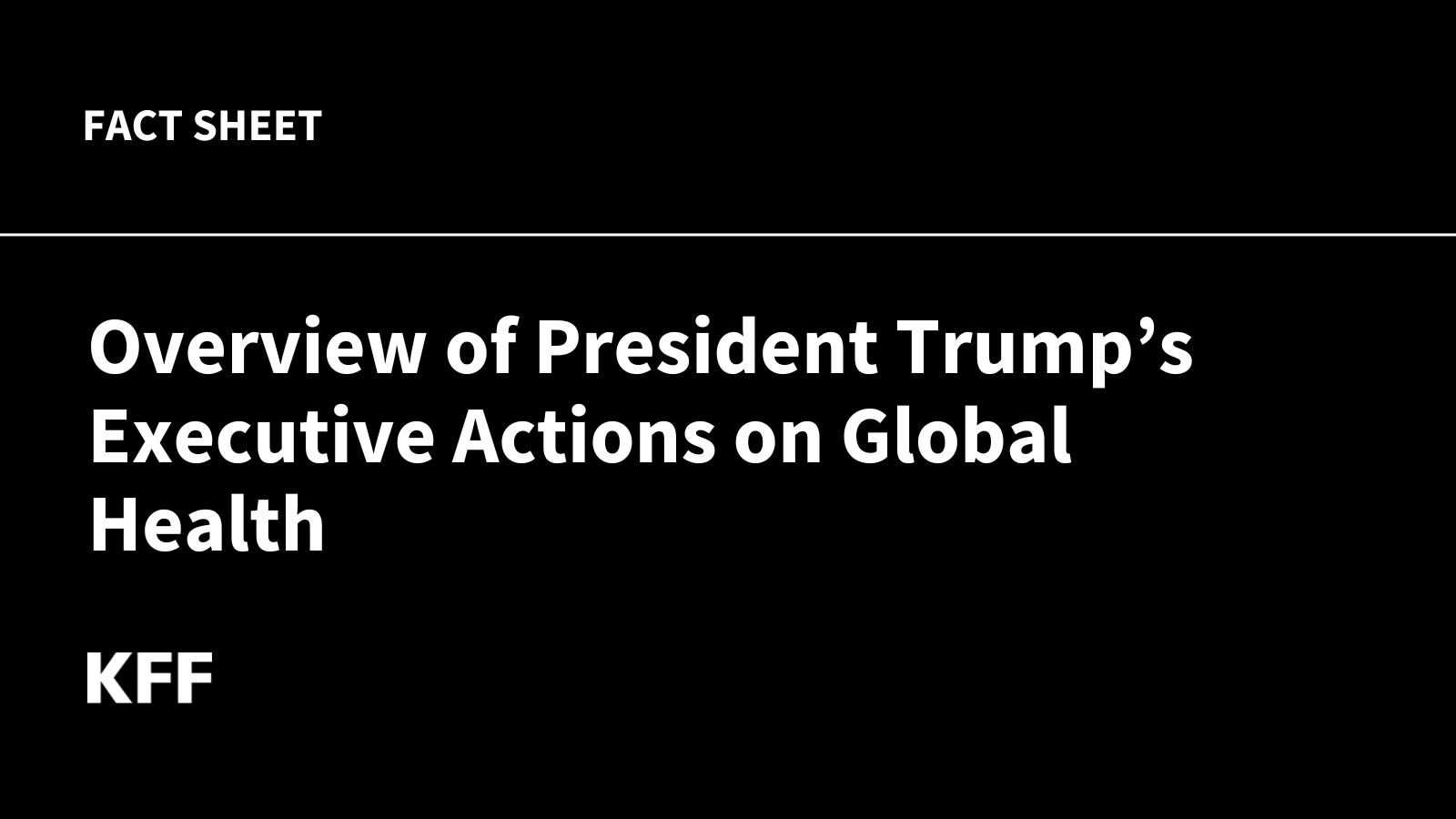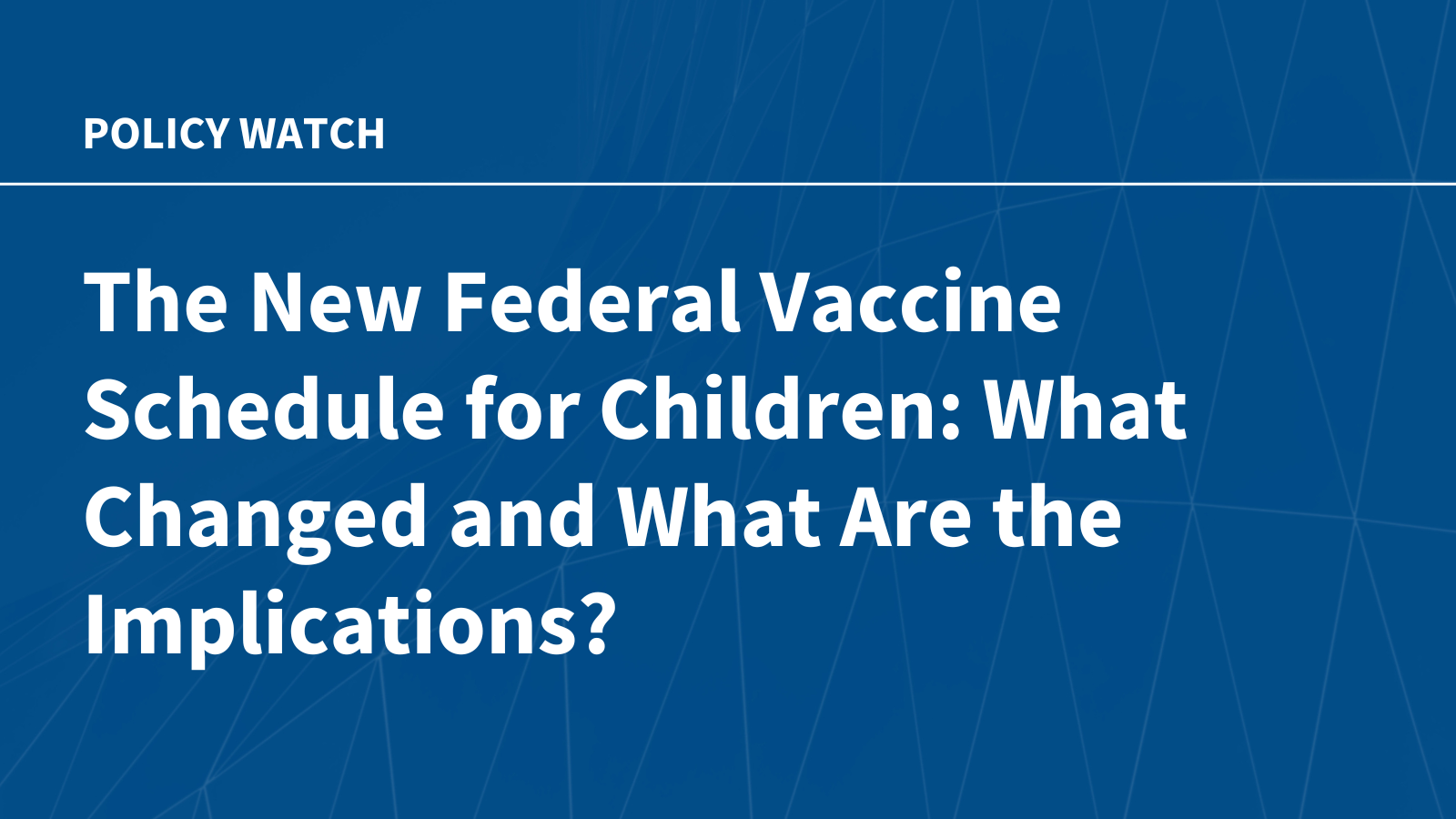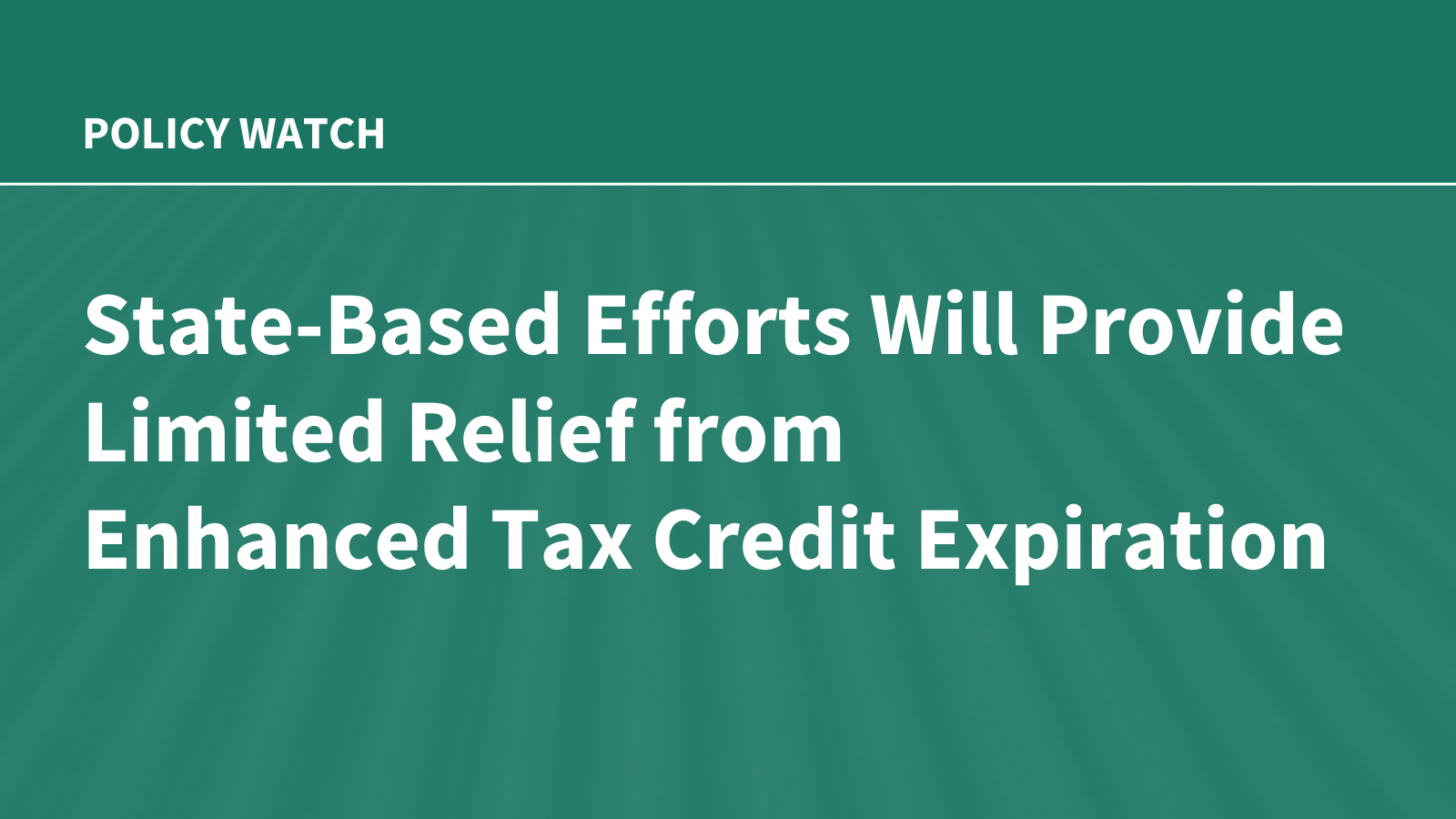Among these orders are several that addressed the COVID-19 pandemic and global health security, such as Executive Order 13987 (Organizing and Mobilizing the United States Government To Provide a Unified and Effective Response To Combat COVID-19 and To Provide United States Leadership on Global Health and Security), which among other things established the National Security Council Directorate on Global Health Security and Biodefense and a Senior Director position to oversee it.
“The United States noticed its withdrawal from the World Health Organization (WHO) in 2020 due to the organization’s mishandling of the COVID-19 pandemic that arose out of Wuhan, China, and other global health crises, its failure to adopt urgently needed reforms, and its inability to demonstrate independence from the inappropriate political influence of WHO member states. In addition, the WHO continues to demand unfairly onerous payments from the United States, far out of proportion with other countries’ assessed payments. China, with a population of 1.4 billion, has 300 percent of the population of the United States, yet contributes nearly 90 percent less to the WHO.”
ACTIONS: The United States intends to withdraw from the WHO.
- The Presidential Letter to the Secretary-General of the United Nations signed on January 20, 2021, that retracted the United States’ July 6, 2020, notification of withdrawal is revoked.
- Executive Order 13987 (Organizing and Mobilizing the United States Government to Provide a Unified and Effective Response to Combat COVID–19 and To Provide United States Leadership on Global Health and Security), which, among other things, called for “engaging with and strengthening the World Health Organization” is revoked.
- Assistant to the President for National Security Affairs shall establish directorates and coordinating mechanisms within the National Security Council apparatus as necessary and appropriate to safeguard public health and fortify biosecurity.
- The Secretary of State and Director of the Office of Management and Budget shall take actions to pause future transfer of any U.S. funds, support, or resources to WHO; recall and reassign U.S. government personnel or contractors working in any capacity with WHO; and identify credible and transparent U.S. and international partners to assume necessary activities previously undertaken by WHO.
- The Director of the White House Office of Pandemic Preparedness and Response Policy shall review, rescind, and replace the 2024 U.S. Global Health Security Strategy.
- The Secretary of State shall immediately inform the Secretary-General of the United Nations, any other applicable depositary, and the leadership of the WHO of the withdrawal.
- While the withdrawal is in progress, Secretary of State will cease negotiations on the WHO Pandemic Agreement and the amendments to the International Health Regulations, and states that “actions taken to effectuate such agreement and amendments will have no binding force on the United States.”
Per the Executive Order, U.S. government representatives may not work with WHO, and will likely mean that there will be no U.S. official at key upcoming WHO-based meetings, including the next Executive Board meeting (the U.S. is a member of the Executive Board) and Pandemic Treaty negotiations, both scheduled for February. As the largest donor to WHO providing approximately 16%-18% of the organization’s revenue, the absence of U.S. funding will have an impact WHO’s operations, as will the loss of U.S. technical expertise.
See: KFF Fact Sheet and Quick Take
The U.S. “foreign aid industry and bureaucracy are not aligned with American interests and in many cases antithetical to American values. They serve to destabilize world peace by promoting ideas in foreign countries that are directly inverse to harmonious and stable relations internal to and among countries.”
“It is the policy of United States that no further United States foreign assistance shall be disbursed in a manner that is not fully aligned with the foreign policy of the President of the United States.”
Calls for:
- 90-day pause in U.S. foreign development assistance (new obligations or disbursements) to assess programmatic efficiencies and consistency with U.S. foreign policy.
- Review of U.S. foreign assistance programs by the responsible department and agency heads under guidelines provided by the Secretary of State, in consultation with the Director of OMB.
- Responsible department and agency heads, in consultation with the Director of OMB, will make determinations within 90 days of this order on whether to continue, modify, or cease each foreign assistance program based upon the review recommendations, with the concurrence of the Secretary of State.
- New obligations and disbursements may resume for a program prior to the end of the 90-day period if a review is conducted, and the Secretary of State or his designee, in consultation with the Director of OMB, decide to continue the program in the same or modified form. Additionally, any other new foreign assistance programs and obligations must be approved by the Secretary of State or his designee, in consultation with the Director of OMB.
- The Secretary of State may waive the pause for specific programs.
In addition to halting new obligations and disbursements, the stop-work orders on existing awards have, for the time being, halted current U.S. global health (and other foreign assistance) programs. This places key programs, such as PEPFAR, at risk of not being able to provide critical services including antiretroviral treatment, unless a waiver is received. Additional impacts of the executive order will also be determined by the results of the foreign aid review, particularly if some programs are recommended for discontinuation. Congressional notification and oversight of any proposed changes will be important to watch. The order may also face litigation.
The foreign policy of the United States “shall champion core American interests and always put America and American citizens first.”
“As soon as practicable, the Secretary of State shall issue guidance bringing the Department of State’s policies, programs, personnel, and operations in line with an America First foreign policy, which puts America and its interests first.”
The order states that “It is the policy of the United States to recognize two sexes, male and female” and directs the Executive Branch to “enforce all sex-protective laws to promote this reality”. Elements of the order that may affect global health programs are as follows:
- Defines sex as “an individual’s immutable biological classification as either male or female”. States that “sex” is not a synonym for and does not include the concept of “gender identity” and that gender identity “does not provide a meaningful basis for identification and cannot be recognized as a replacement for sex.”
- Directs the Secretary of Health and Human Services to provide the U.S. Government, external partners, and the public clear guidance expanding on the sex-based definitions set forth in the order within 30 days.
- Directs each agency and all Federal employees to “enforce laws governing sex-based rights, protections, opportunities, and accommodations to protect men and women as biologically distinct sexes, including when interpreting or applying statutes, regulations, or guidance and in all other official agency business, documents, and communications.
- Directs each agency and all Federal employees, when administering or enforcing sex-based distinctions, to use the term “sex” and not “gender” in all applicable Federal policies and documents.
- Directs agencies to remove all statements, policies, regulations, forms, communications, or other internal and external messages “that promote or otherwise inculcate gender ideology”, and shall cease issuing such statements, policies, regulations, forms, communications or other messages. Directs agencies to take all necessary steps, as permitted by law, to end the Federal funding of gender ideology.
- Requires that Federal funds shall not be used to promote gender ideology and directs agencies to ensure grant funds do not promote gender ideology.
- Rescinds multiple executive orders issued by President Biden, including: “Preventing and Combating Discrimination on the Basis of Gender Identity or Sexual Orientation” (13988) and “Advancing Equality for Lesbian, Gay, Bisexual, Transgender, Queer, and Intersex Individuals” (14075).
- Revokes President Biden’s Presidential Memorandum of January 28, 2021 for the Secretary of State, the Secretary of Defense, the Secretary of Health and Human Services, and the Administrator of the United States Agency for International Development (Protecting Women’s Health at Home and Abroad)
- Reinstates President Trump’s Presidential Memorandum of January 23, 2017 for the Secretary of State, the Secretary of Health and Human Services, and the Administrator of the United States Agency for International Development (The Mexico City Policy).
- Directs the Secretary of State, in coordination with the Secretary of Health and Human Services, to the extent allowable by law, to implement a plan to extend the requirements of the reinstated Memorandum to global health assistance furnished by all departments or agencies.
- Directs the Secretary of State to take all necessary actions, to the extent permitted by law, to ensure that U.S. taxpayer dollars do not fund organizations or programs that support or participate in the management of a program of coercive abortion or involuntary sterilization.
The new memorandum also directs the Secretary of State to review programs under the Kemp-Kasten amendment, a provision of U.S. law that states that no U.S. funds may be made available to “any organization or program which, as determined by the [p]resident of the United States, supports or participates in the management of a program of coercive abortion or involuntary sterilization.” It has been used in the past to prevent funding from going to UNFPA.
See: KFF Mexico City Policy explainer and related resources and Kemp-Kasten explainer.
The United States informed signatories of the Geneva Consensus Declaration of its intent to rejoin immediately. Established in 2020, the declaration, led by the United States, has the following objectives: “to secure meaningful health and development gains for women; to protect life at all stages; to defend the family as the fundamental unit of society; and to work together across the UN system to realize these values.”
Publisher: Source link










